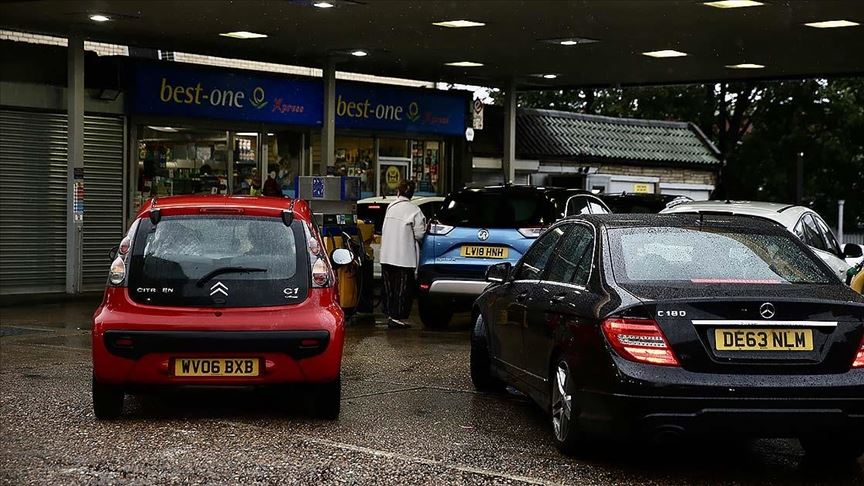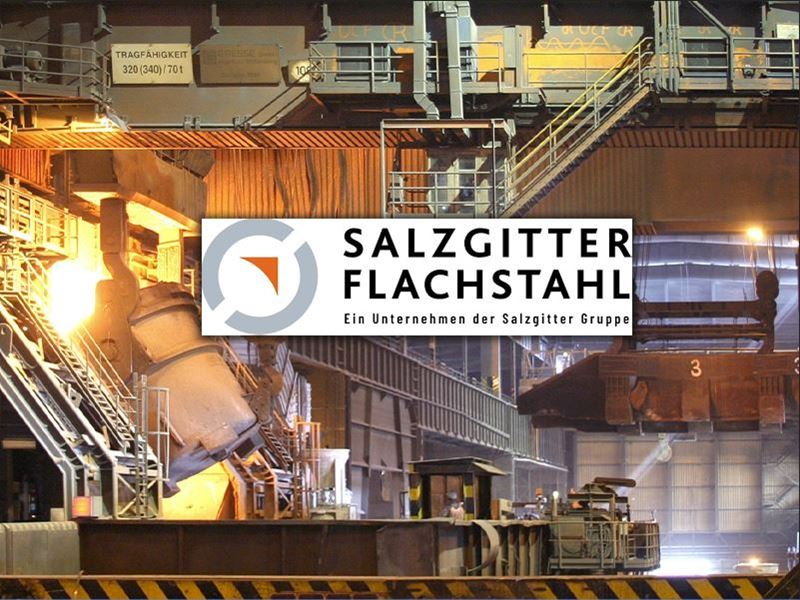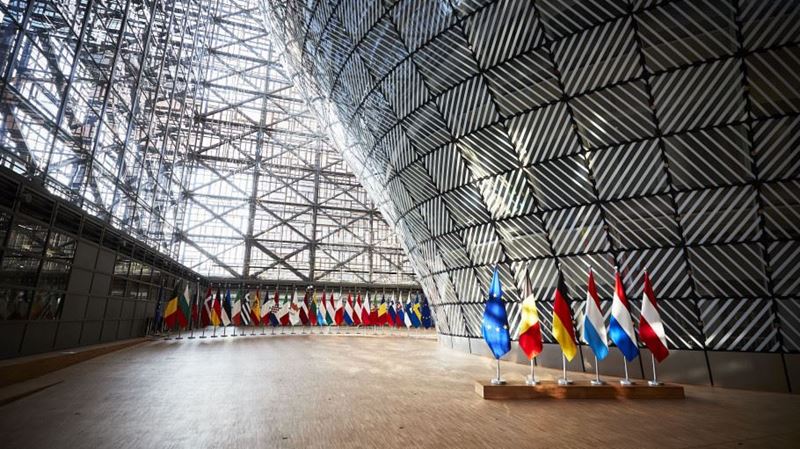Following the completion of the first day sessions of the EU Leaders' Summit held in Brussels, the final statement on the increase in energy prices was shared with the public.
In the statement, where the leaders discussed the impact of the recent increase in energy prices on citizens and businesses, it was stated that the package of the EU Commission, which includes measures that can be implemented in the short and long term against increasing energy prices, is beneficial.
In the statement, it was stated that the European Council called on the Commission to examine the functioning of gas and electricity markets and the Emissions Trading System (ETS) market with the help of the European Securities and Markets Authority (ESMA), and the EU Commission will evaluate whether commercial practices in the energy field require further regulation after these reviews.
In the statement, it was pointed out that the member states can benefit from the options in the EU Commission package to provide assistance to poor consumers and support companies in the short term. It was stated that it will evaluate the medium and long-term measures that take into account the differences and special situations of the member countries in order to support them.
In the statement, it was noted that the European Investment Bank was requested to explore ways to accelerate investment in the energy transition to reduce future risks.
Energy will be discussed at the December summit
In the statement, it was stated that the energy ministers of the EU member states will hold an extraordinary meeting on October 26, and that the ministers will continue to work, the leaders will follow the situation and the energy issue will be discussed again at the EU Leaders' Summit in December.
The EU Commission announced a package last week that includes the measures that member states can implement in line with Union law against rising energy prices.
The package included options such as postponing electricity and gas bills, making direct payments to households and tax reductions in the short term against the increase in energy prices. The package in question included increasing renewable investments in the long term, joint natural gas supply by countries and the possibility of creating gas stocks.
In the winter months, the natural gas demand of European countries is expected to increase further and electricity prices are expected to rise further.
Consumers in Europe are complaining about rising natural gas and electricity prices.
Various groupings draw attention in the energy debates among EU countries.
Around 10 countries, led by France, draw attention to the importance of nuclear power plants. These countries demand that their nuclear power plants be included in the EU sustainable and green financial investment classification.
Some countries, such as Poland and Hungary, blame regulations on the European Green Deal, which aims to achieve the EU's climate-friendly transformation, for the rise in energy prices.
Countries such as Spain, Greece and Bulgaria want strict measures to be implemented in order to reduce energy prices immediately and to intervene in the markets in some way.
Countries such as Germany, the Netherlands and Austria, on the other hand, are of the opinion that the increase in energy prices is temporary, that the markets will return to normal in the next year and prices will decrease, and that a very harsh intervention in this situation may seriously damage the functioning of the energy markets.











Comments
No comment yet.